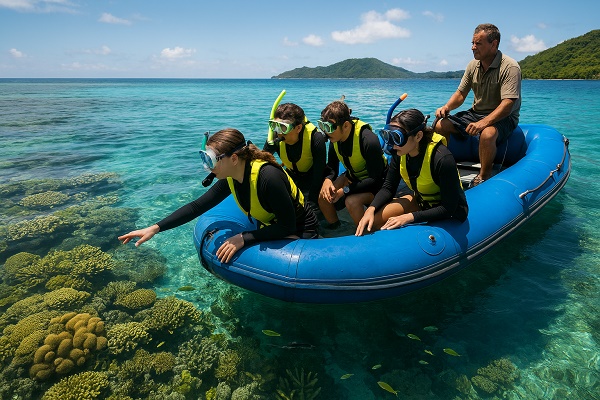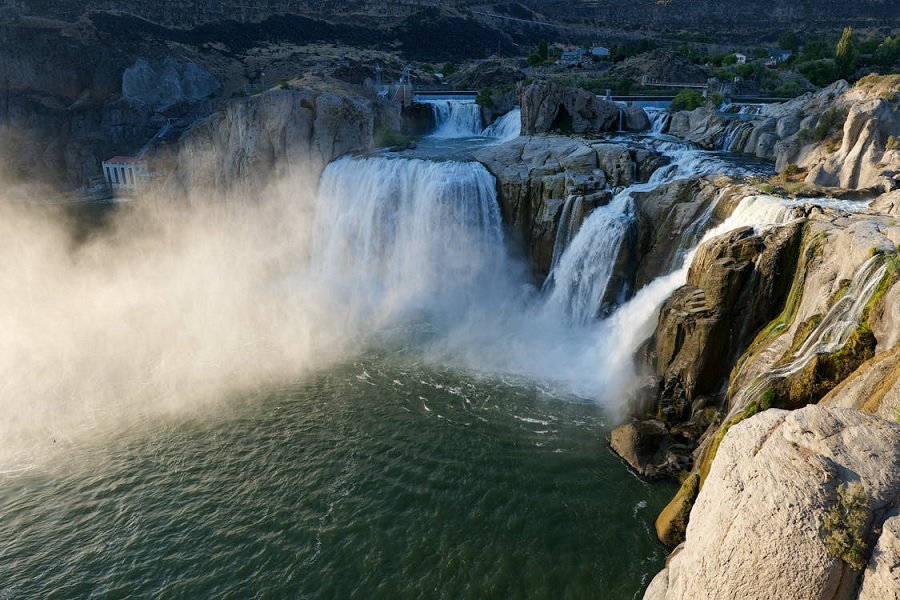Ecotourism: Travel with a Purpose

What is Ecotourism?
Ecotourism focuses on responsible travel to natural areas that conserves the environment, sustains the well-being of local people, and involves interpretation and education. It’s about experiencing nature in a way that minimizes impact and promotes conservation awareness.
Why is Ecotourism Important?
1. Protects Natural Habitats
By visiting protected areas responsibly, ecotourists support efforts to conserve wildlife, forests, oceans, and other ecosystems.
2. Benefits Local Communities
Ecotourism often provides income and job opportunities for local people, encouraging them to preserve their environment and cultural heritage.
3. Educates Travelers
Through guided tours and immersive experiences, travelers learn about environmental issues, biodiversity, and cultural traditions.
4. Encourages Sustainable Practices
It promotes environmentally friendly behaviors such as waste reduction, energy conservation, and respect for wildlife.
Popular Ecotourism Activities
Wildlife Safaris and Bird Watching
Observe animals in their natural habitats without disturbing them.
Trekking and Nature Walks
Explore forests, mountains, and coastal areas on foot to appreciate biodiversity.
Community-Based Tourism
Engage with indigenous communities and learn about their sustainable ways of life.
Marine Ecotourism
Snorkeling, diving, and boat tours focused on coral reefs, marine conservation, and ocean health.
Voluntourism
Participate in conservation projects such as tree planting, beach clean-ups, or wildlife monitoring.
Top Ecotourism Destinations
Costa Rica: Renowned for its rainforests, wildlife reserves, and conservation efforts.
Galápagos Islands, Ecuador: Famous for unique species and strict environmental protections.
Kenya and Tanzania: Iconic for safaris and the Great Migration with eco-conscious lodges.
Norway: Fjords, northern lights, and eco-friendly tours.
India: National parks like Kaziranga, Periyar, and Ranthambore offering responsible wildlife tourism.
Tips for Ecotourists
Choose Eco-Friendly Accommodations: Look for lodges and hotels with sustainable certifications.
Respect Wildlife: Maintain a safe distance and never feed animals.
Minimize Waste: Carry reusable water bottles and avoid single-use plastics.
Support Local Businesses: Buy crafts, food, and services from local communities.
Follow Guidelines: Stick to marked trails, avoid littering, and respect cultural norms.
























